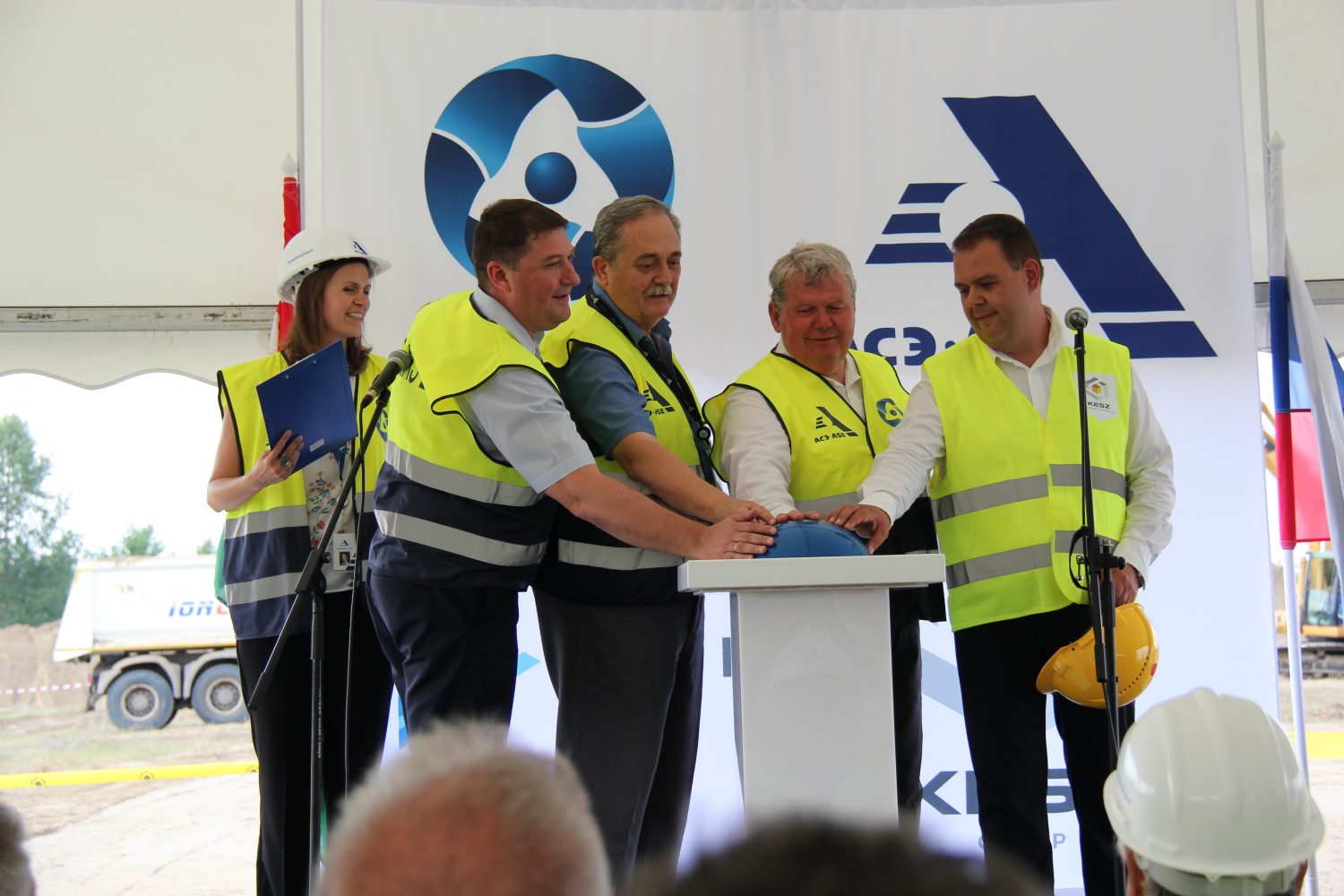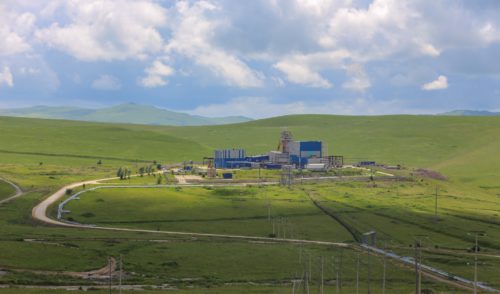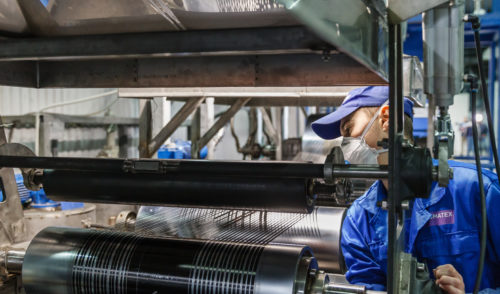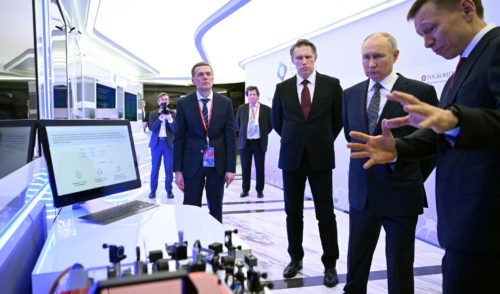
NPP Overlooking Danube
back to contentsSpeaking at the ceremony dedicated to the start of construction, Paks II Minister János Süli stressed that Hungary was deeply interested in cheap and environmentally friendly electric power to make the national economy competitive in the long run. The governmental environmental policy provides for both the nuclear capacity to be maintained and the share of solar generation to grow. At present, a third of the country’s demand is satisfied with electricity from coal-fired power stations in neighboring countries. Paks II is therefore crucial for Hungary’s future as the plant is capable of mitigating environmental impact and reducing dependence on imported energy.
“According to the latest report by MEKH (Hungarian Energy and Utilities Regulatory Agency – RN), energy tariffs in our country are the second lowest in the European Union after Bulgaria. In order to keep this place in the ranking, we need to maintain the present share of nuclear in the national energy mix. And for this reason, it is essential to have the new reactors built,” János Süli said.
Alexander Khazin, Senior Vice President at ASE (Rosatom engineering division) and Paks II Project Director, assured the audience that preparations for the construction would run smoothly. Safe and reliable generation III+ units featuring VVER-1200 reactors have 60 years’ service life, which could be extended, and will provide Hungary with cheap, carbon-free electric power.
István Lenkei, CEO of Paks II, noted that the construction of auxiliary buildings and structures went alongwith the preparation of over 300,000 pages of engineering documents in close cooperation with the general contractor ASE. These documents are necessary to confirm that the new reactor units meet the strictest international, European and national safety standards.
Paks Background
The Paks nuclear power plant has four operating VVER-440 reactor units. In 2009, the Hungarian Parliament approved construction of two more units with VVER-1200 reactors. In December 2014, Rosatom and MVM Hungarian Electrical Works Private Limited Company (MVM) signed a general contract, followed by a loan agreement to finance the construction of Units 5 and 6. Engineering, procurement and construction contract (the EPC contract) came into effect on 29 April 2017.
Rosatom’s subsidiary Atomproekt is preparing an engineering design of the nuclear station to be submitted to the regulator by the year-end. The regulator’s approval will allow filing for a construction license next year. Most of the long-lead machinery and equipment has been ordered from manufacturers.
The European Union finally gave its approval to the construction of the nuclear power plant; all formal procedures were completed. “It is not a question for us whether to build the nuclear station or not, whether to implement the agreement or not. I will not deny that we are behind schedule. But being behind schedule does not mean abandoning our agreements. It only means that the power plant will be commissioned later than planned. The delays were mostly caused by long-drawn formal procedures established in the EU – they took much more time than they should. Definitely much more than we expected. They are finally over now, and the EU gave a green light,” Péter Szijjártó, Hungary’s Foreign Minister said.
At present, 50.6% of electric power consumed in Hungary comes from nuclear sources. This share will increase after the second nuclear station is brought online.




